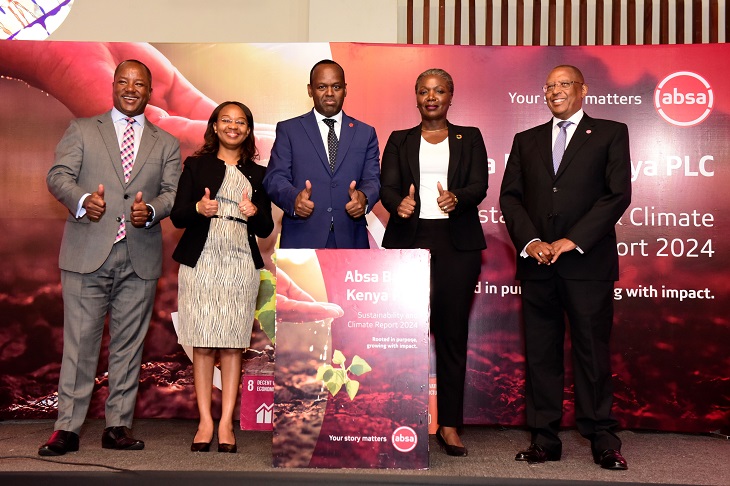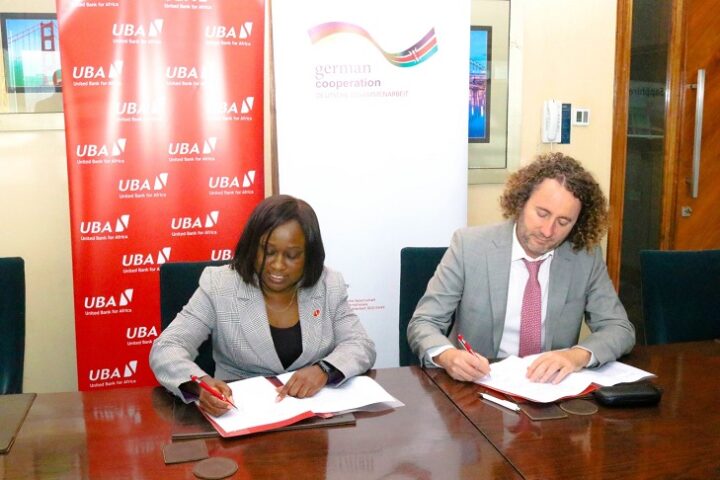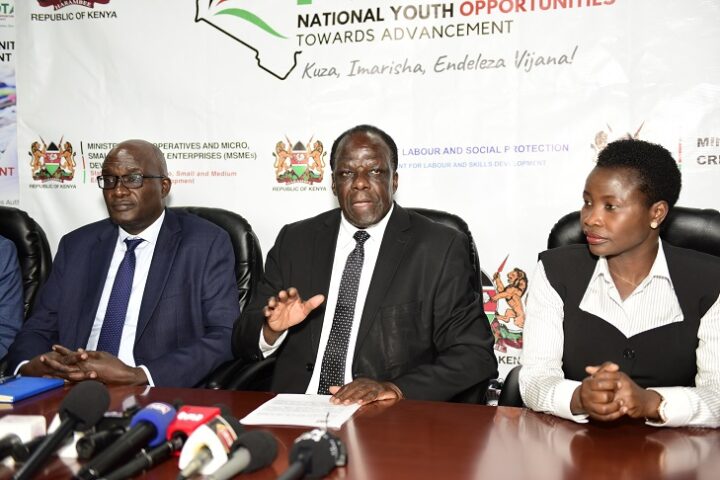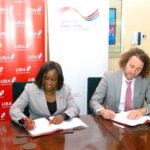Absa Bank Kenya PLC has released its 2024 Sustainability and Climate Report, outlining significant progress in environmental action, inclusive finance, and governance maturity.
As part of this journey, the Bank has unveiled Kenya’s first Eco-Home Loan, offering up to 110% financing to help customers build or upgrade homes with energy-efficient and climate-resilient features.
The Eco-Home Loan empowers customers to make climate-conscious upgrades such as installing solar panels, water and energy-saving systems, and using sustainable building materials, thereby aligning home ownership choices with Absa’s commitment to a just, inclusive transition.
At the same time, the Bank disbursed Ksh 47 billion in sustainable finance targeting MSMEs, women- and youth-led enterprises, and underserved segments. Of this, Timiza, Absa’s digital lending platform, accounted for Ksh 25.1 billion, reinforcing the role of digital infrastructure in closing access gaps.
“The 2024 report reflects our continued evolution towards sustainability maturity and greater alignment with global standards. It marks the early stages of adopting the International Sustainability Standards Board (ISSB) guidelines, IFRS S1 and S2, which are poised to become the global benchmark for sustainability disclosures. We see this as a necessary shift to build investor confidence and comparability,” Absa Bank Kenya Chairman, Charles Muchene, said.
On climate action, the Bank also reported a 38% reduction in Scope 2 emissions (from purchased electricity) compared to the 2019 baseline, driven by retrofitting and smart metering across its premises. For 2024, 2,745 kilograms of waste were recycled, with a 94% recovery rate helping avoid close to 7 tonnes of CO₂-equivalent emissions. Absa has also planted over 1.5 million trees to date as part of its reforestation efforts.
Absa Kenya CEO Abdi Mohamed noted: “Sustainability is now a business imperative. Over the past three years, we have embedded it as a core lens through which we evaluate risk, opportunity, and long-term impact. This is now translating into tangible results from inclusive lending and supply chain empowerment to financing solutions that actively support Kenya’s transition to a low-carbon, climate-resilient economy. The Eco-Home Loan is one example of how we are taking this forward.”
As a force for good, through the Absa Kenya Foundation, it consolidated community programmes, investing Kes. 107 million invested in citizenship and financial literacy programs. More than 11,000 youth were trained through the Bank’s ReadytoWork platform, while 635 staff members participated in community outreach initiatives valued at Kes. 41 million.
Internally, Absa maintained strong performance on inclusion, with a 51:49 female to male ratio and continued Top Employer recognition. Governance systems were further recognised and trengthened through Board-level oversight of climate risk and sustainability disclosures, approval of a Greenwashing Policy, and alignment with CBK’s Climate Risk Guidelines and Kenya’s Green Finance Taxonomy.
Related Content: Absa Bank Sets Aside Ksh 4 Billion Towards Affordable Housing













